Overlooking the obstacle … junioritis
Juniors face excessive burnout due to the mounting pressures of AP classes and college readiness
Juniors are tasked with a precarious act of balancing honors/AP classes as well as college readiness, leading to excessive burnout.
May 3, 2022
Junior year is the first time I’ve felt utter exhaustion and burnout.
— Amaya Collier
Someone call the doctor, junioritis is more contagious than COVID! Senioritis is extremely common among fourth-year high school students, but many fail to acknowledge the overarching struggles juniors face. Junior year is arguably the most challenging of high school, with juniors beginning to take more honors/AP classes, SAT/ACT tests, and college preparation. The 2021-2022 school year has been particularly difficult as students return from lenient online learning to rigorous in-person instruction.
Sophomore year is the first time AP classes are offered, and while it was beneficial to gain the experience of overcoming the challenges it presented, many students did not receive an accurate representation of a normal AP class. Since academic expectations significantly lowered during online school in terms of deadlines, class participation and quality of work, advanced courses became much harder in-person as flexibility and leniency decreased. Juniors’ lack of experience managing multiple AP courses forms a multitude of unanticipated difficulties in their learning, such as a drastic shift from virtual to on-campus schooling and a significantly increased workload.
Keeping up with school at this pace is hard enough, but looking ahead to my future is overwhelming.
— Julia Husted
On top of the advanced courses, juniors are faced with important exams used to determine intelligence and success. Standardized tests such as the ACT and SAT play a significant role in college admissions, which puts even more pressure on high school students. On top of their rigorous workload, many students feel as if the fate of their careers depends on a high test score. Not only does the work intensity increase throughout the school year, but the most important events happen at the end of the year. AP exams, SAT, ACT, and finals all take place within the month of May. Juniors are also expected to look into college and post-high school decisions at this time. Although the pressure of choosing where to go to college becomes more prominent as a senior, juniors face the initial challenges which lay the foundation for those future choices, as your academic performance as a junior is a large determinant of the opportunities you will obtain.
Besides the pressure of doing well on these exams, juniors are also tasked with the big scary question we’ve all heard before: What do you want to do with your life? The immense pressure to identify what you’re passionate about within a time constraint is a major stressor on juniors. Parents, teachers, counselors and friends all incessantly remind us that the clock is ticking and our childhood is nearly over. The rigid dichotomy between fear and excitement that comes with growing up and following your ambitions is an experience that we face and is only elevated as juniors. The anxiety of not getting the grades for the college or future we want, not being involved in enough extracurriculars, and not having a passion project is unconscionable.
Junior year has invoked the same thought that keeps resurfacing in my mind: ‘I’m not ready.’
— Amaya Collier
AMAYA: Junior year is the first time I’ve felt utter exhaustion and burnout. Although these feelings can be partially attributed to the stresses of COVID, they are primarily driven by the rigor of my honors classes mixed with the responsibilities of my extracurriculars. Keeping up with school at this pace is hard enough, but looking ahead to my future is overwhelming. Personally, I have no clue what I want to do, which makes this whole process so much scarier. I know I want to go to university, but I have no direction when it comes to what I want to pursue. This feeling of aimlessness is defeating when attempting to prepare for college. Additionally, I feel like this year provides no breathing room to allow me the time to reflect on my passions and determine my next steps. Junior year has invoked the same thought that keeps resurfacing in my mind: “I’m not ready.”
JULIA: Throughout my school career, I have learned to manage my time and balance my work and home life in order to feel successful and motivated. Before my junior year, I felt fully capable of maintaining that mindset. However, recently it seems more difficult to maintain that head-space. The reality and importance of my future have finally set in and mapping out the rest of my life has become a top priority.
It is unnerving to step into the realm of adult life as I go from being someone else’s child to becoming my own person.
— Julia Husted
Because of this, I feel an overbearing pressure to decide exactly what I want to do and where I want to go post-high school despite not knowing much about my options. It feels as if the doors to youth and familiarity are closing, forcing me to march into the complex uncharted territory of adulthood. It is unnerving to step into the realm of adult life as I go from being someone else’s child to becoming my own person.
When mentioning burnout, the idea of senioritis pops up, when in reality junior year is the most rigorous. I hope that in calling attention to the often-overlooked struggles these students face, a more understanding viewpoint from teachers, parents, and students can be created.



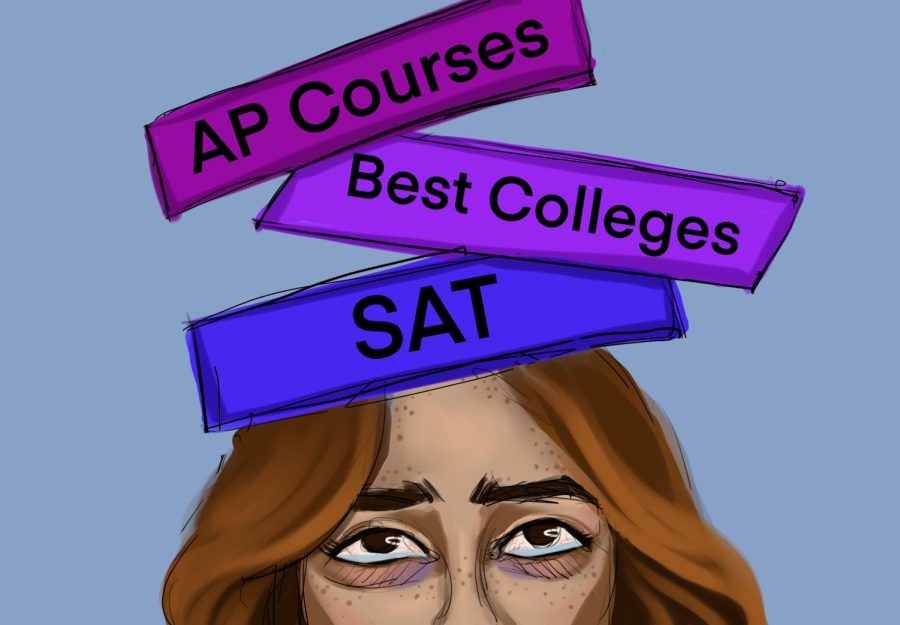
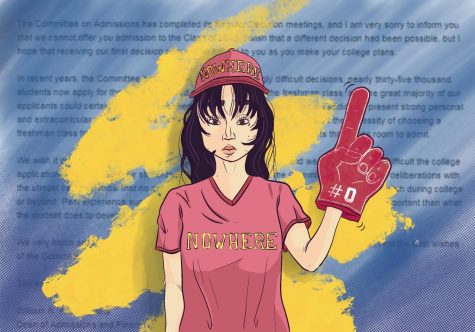
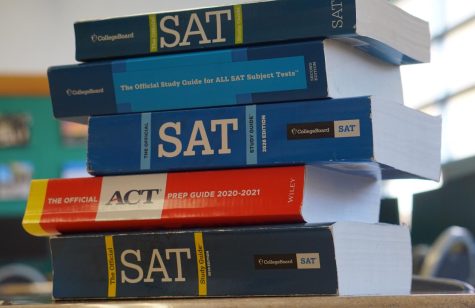
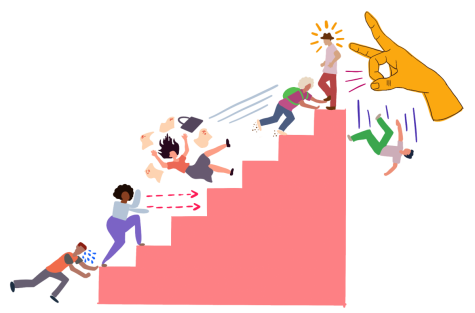

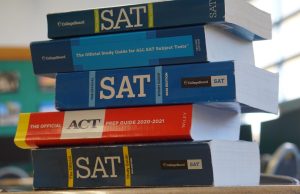
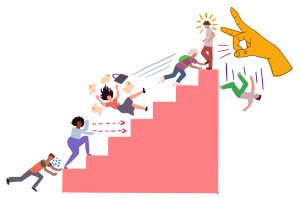

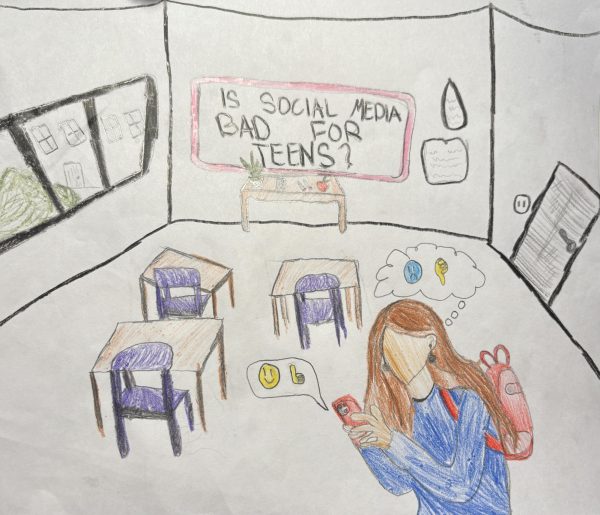


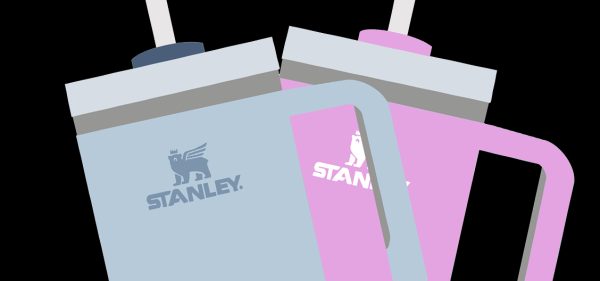
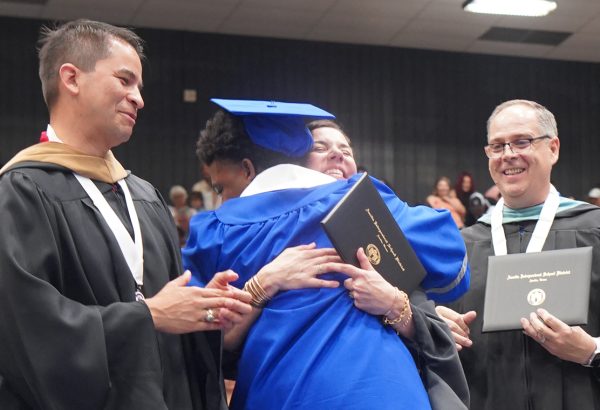
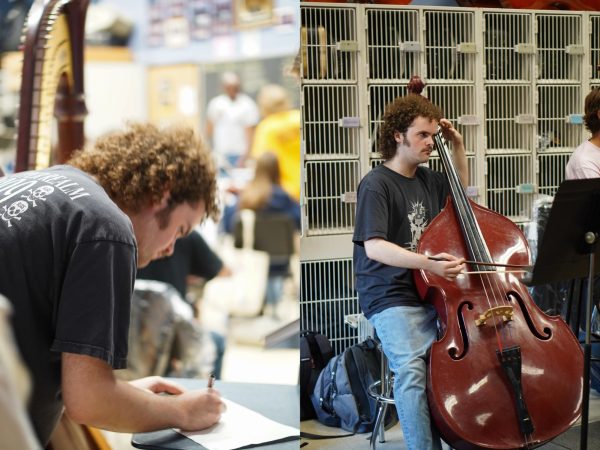
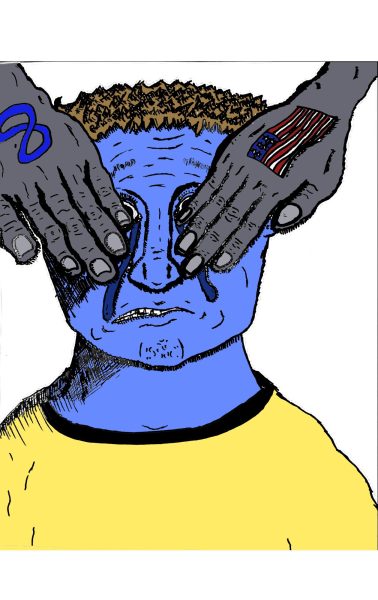
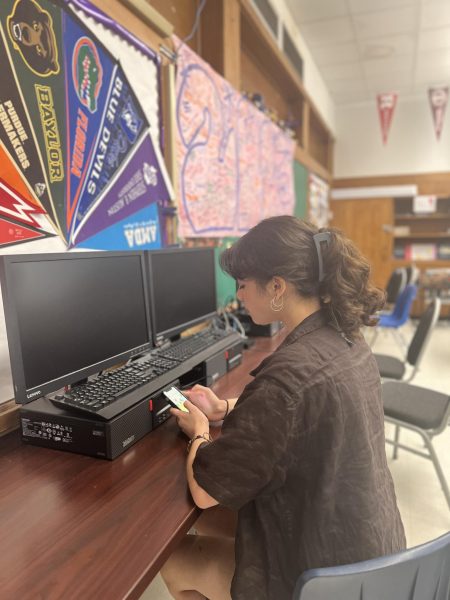
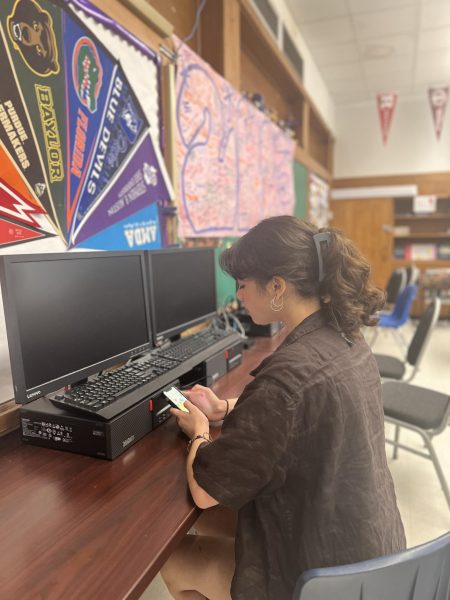
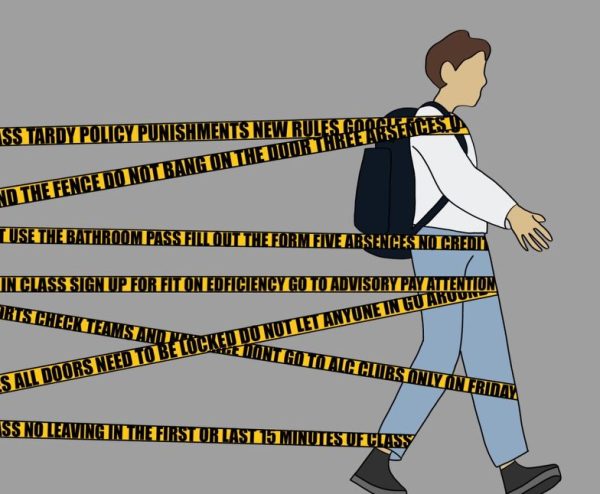

Kittredge Grimsley-Ridenour • May 8, 2022 at 1:46 am
Though I’m not a junior, I can relate to a lot of the feeling of burnout. Even having one AP exam coming up is a very stressful feeling, and the added stress of the workload from other classes is almost a nightmare.